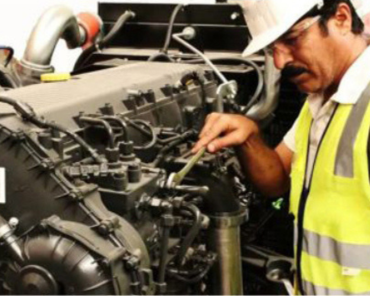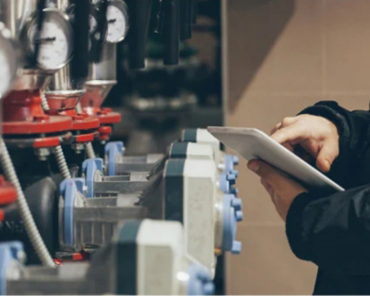DG Operation and Maintenance
Contact us


DG Operation and Maintenance
8 steps essential for proper diesel generator maintenance
Proper diesel generator maintenance is key to ensuring that your equipment keeps running for years to come and these 8 key points are essential
1. Diesel Generator Routine General Inspection
During the running of the diesel generator, the exhaust system, fuel system, DC electrical system, and engine require close monitoring for any leaks that can cause hazardous occurrences. As with any internal combustion engine, proper maintenance is essential. According to one of the leading Generator and Power Equipment Manufacturers in the UK, standard servicing and oil change times are recommended at 500hrs, however, some applications may require shorter servicing times which is why after-sales services should be top-notch.
2. Lubrication Service
The engine oil must be checked while shutting down the generator at regular intervals using a dipstick. Allow the oil in the upper portions of the engine to drain back into the crankcase and follow the engine manufacturer’s recommendations for API oil classification and oil viscosity. Keep the oil level as near as possible to the full mark on the dipstick by adding the same quality and brand of oil.
The oil and filter must also be changed at acclaimed time intervals. Check with the engine manufacturer for procedures for draining the oil and replacing the oil filter and their disposal is to be done appropriately to avoid environmental damage or liability.
3. Cooling System
Check the coolant level during shutdown periods at the specified interval. Remove the radiator cap after allowing the engine to cool, and, if necessary, add coolant until the level is about 3/4 in. Heavy-duty diesel engines require a balanced coolant mixture of water, antifreeze, and coolant additives. Inspect the exterior of the radiator for obstructions, and remove all dirt or foreign material with a soft brush or cloth with caution to avoid damaging the fins. If available, use low-pressure compressed air or a stream of water in the opposite direction of normal airflow to clean the radiator.
4. Fuel System
Diesel is subject to contamination and corrosion within a period of one year, and therefore regular generator set exercise is highly recommended to use up stored fuel before it degrades. The fuel filters should be drained at the designated intervals due to the water vapor that accumulates and condenses in the fuel tank.
Regular testing and fuel polishing may be required if the fuel is not used and replaced in three to six months. Preventive maintenance should include a regular general inspection that includes checking the coolant level, oil level, fuel system, and starting system. The charge-air cooler piping and hoses should be inspected regularly for leaks, holes, cracks, dirt, and debris that may be blocking the fins or loose connections.
5. Testing Batteries
Weak or undercharged starting batteries are a common cause of standby power system failures. The battery must be kept fully charged and well-maintained to avoid dwindling by regular testing and inspection to know the current status of the battery and avoid any start-up hitches of the generator. They must also be cleaned, and the specific gravity and electrolyte levels of the battery checked frequently.
6. Routine Engine Exercise
Regular exercising keeps the engine parts lubricated and thwarts oxidation of electrical contacts, uses up the fuel before it deteriorates, and helps to provide reliable engine starting. Engine exercise is recommended to be executed at least once a month for a minimum of 30 min. loaded to no less than one-third of the nameplate rating.
7. Keep your Diesel Generator Clean
Oil drips and other issues are easy to spot and take care of when the engine is nice and clean. Visual inspection can guarantee that hoses and belts are in good condition. Frequent checks can keep wasps and other nuisances from nesting in your equipment.
The more a generator is used and relied on, the more it needs to be taken care of. However, a generator set that is rarely used might not need a lot of care.
8. Exhaust system inspection
In case there are leaks along the exhaust line which usually occurs at the connection points, the welds, and the gaskets; should be repaired immediately by a qualified technician.
Services: Marble Polishing Services | Housekeeping Services | Post Construction Cleaning Services | Facade Cleaning | Facility Management Services


